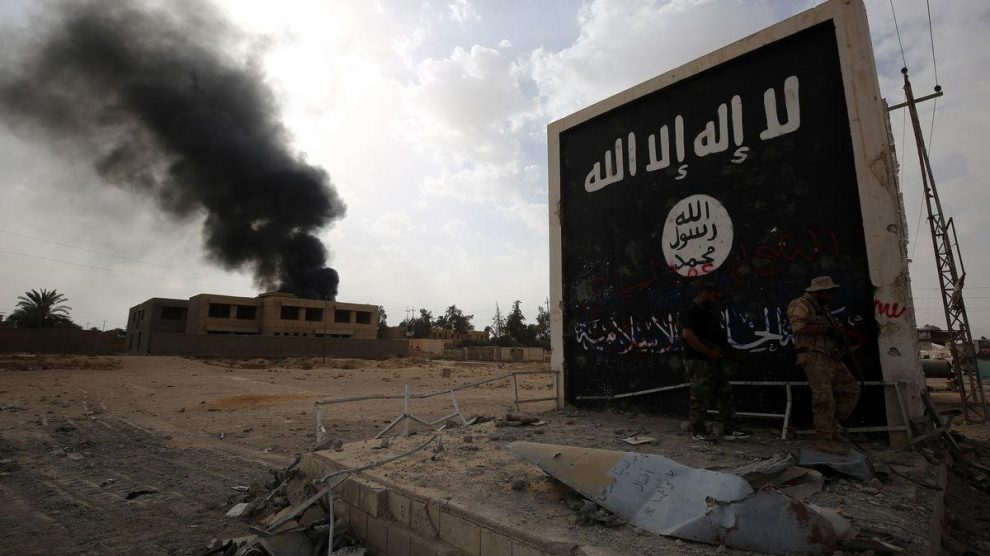Decoding the news. The threat no longer manifests solely through weapons and suicide attacks. It now penetrates the intricate mesh of global finance: charities, e-wallets, cryptocurrencies, and community institutions.
- The geopolitical backdrop — the Israel-Hamas war and broader Middle Eastern instability — reverberates directly in Italy, perceived as both a financial and logistical hub. A June UIF report highlights both the scale and the qualitative nature of these developments.
By the numbers. 80% of suspicious transactions flagged by UIF originate in Central and Northern Italy, with notable cases also emerging in Sicily, Puglia, and Campania.
- €63 million in assets frozen or blocked through targeted operations.
- 188 proceedings initiated by UIF to monitor high-risk flows.
- +168% surge in reports tied to ostensibly “innocuous” donations and transfers ultimately linked to jihadist propaganda.
- UIF plays an active role within the global network of Financial Intelligence Units (FIUs), fostering the exchange of critical data to counter the transnational dimensions of money laundering and terror financing.
- In 2024 alone, Italy received more than 65,000 cross-border information exchanges and sent over 10,000, underscoring an intensifying level of international cooperation.
How it works. Donations are fragmented into micro-transactions, often routed through encrypted circuits, then redistributed across conflict zones such as Palestine, Kurdistan, and Syria.
- Beyond sustaining military operations, these funds fuel propaganda, online radicalization, and logistical support networks.
Crypto-shadow. Cryptocurrencies enable the movement of capital that is exceedingly difficult to trace, ensuring both anonymity and speed — features that appeal to criminal organizations and terrorist networks.
- “The widespread use of this technology is reshaping the very nature of the suspicious cases reported, with a growing weight of cyber fraud and the continuous evolution of crypto-assets as instruments for laundering,” the report warns.
The strategic frame. The conflict in Gaza has created additional narrative leverage for terrorist organizations, which exploit the harshness of Israeli actions against Palestinians to advance propaganda, recruit sympathizers, and solicit funding.
The threat. UIF data confirm the growing risk of indirect financing, including flows originating from actors seemingly detached from extremist circles.
- The stated jihadist objective remains unchanged: to corrode Western civilization from within.





